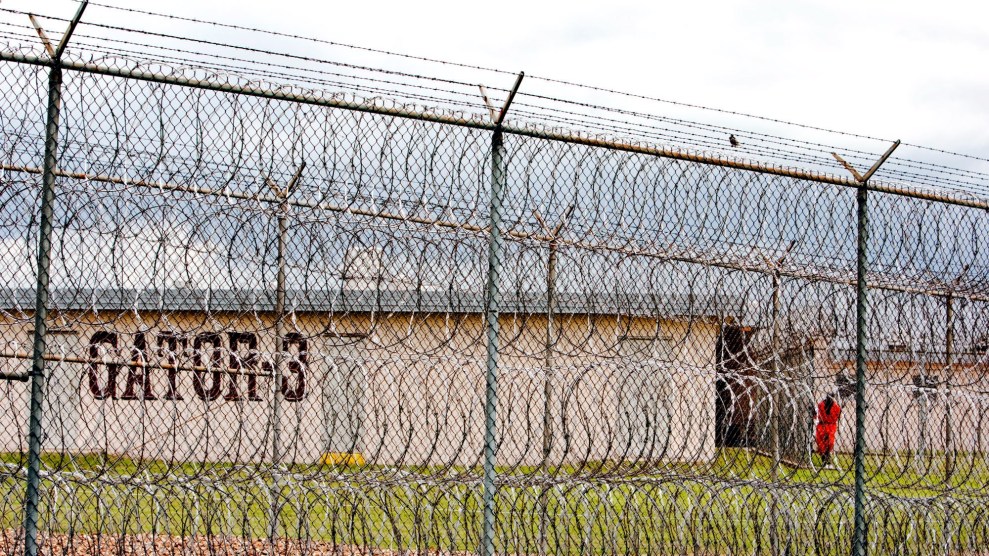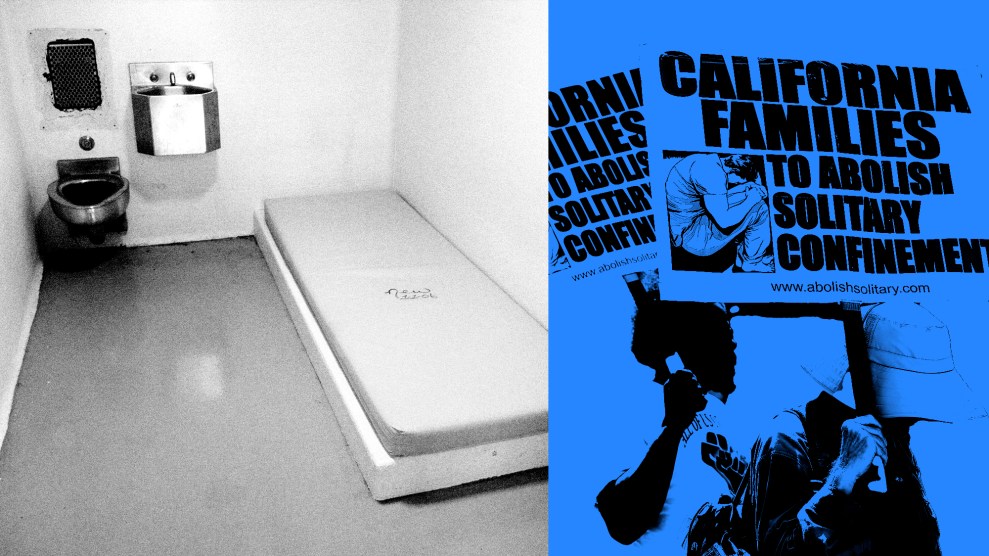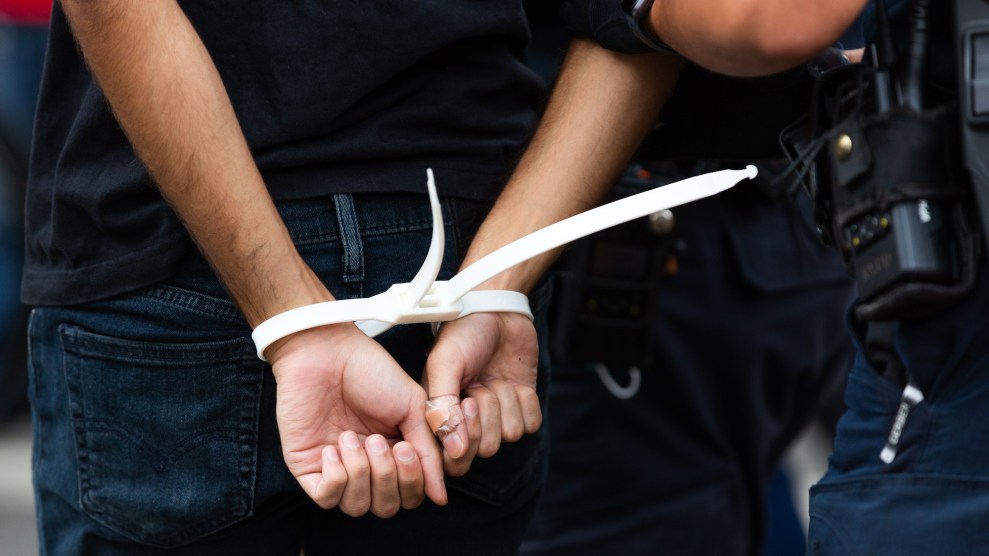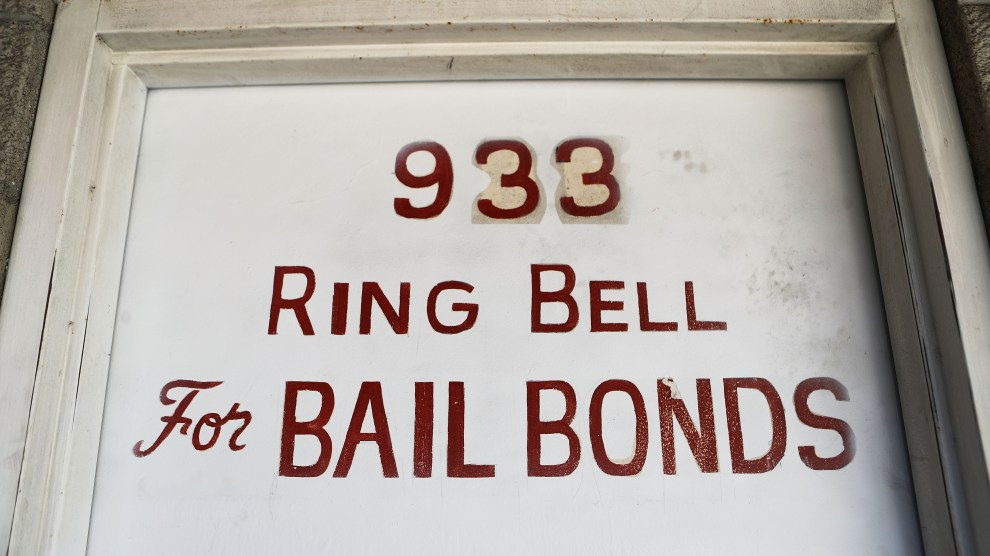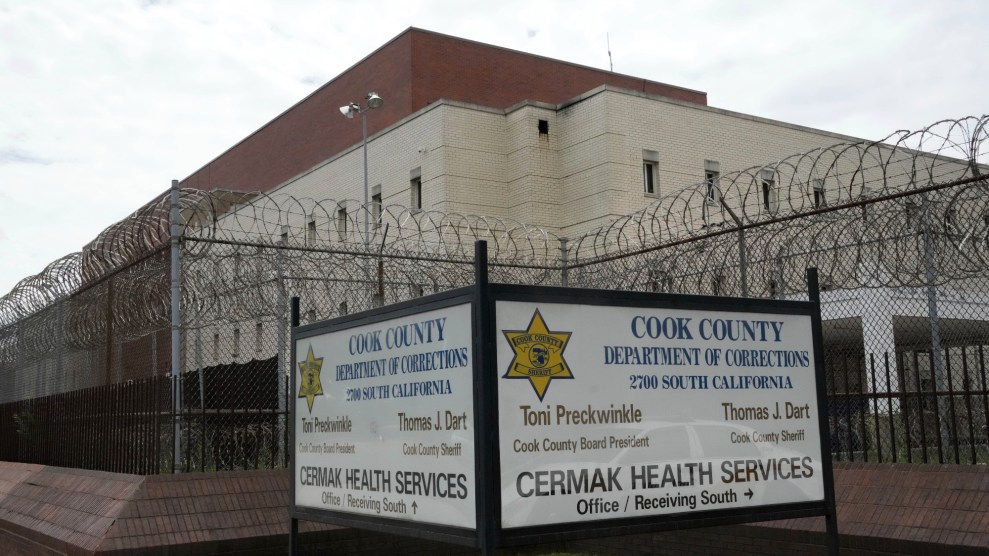
Kirby Lee/AP
For years, cash bail has been criticized for determining who would be chosen for pre-trial detention based on wealth. Now, Illinois has abolished it. After a months-long legal battle, the state became the first in the nation to eliminate cash bail thanks to a provision in a sweeping criminal justice reform law that went into effect on Monday. The Pretrial Fairness Act, a part of the expansive SAFE-T Act, was designed to protect people facing charges from being detained before their trial based solely on their inability to afford bail.
Now, state judges will determine whether or not someone can be released prior to their court date based on the severity of their crime or their risk of fleeing prosecution.
“Today, Illinois is no longer criminalizing poverty, and the entire nation has their eyes on us,” Illinois House Speaker Emanuel Chris Welch said during a press conference Monday.
The Pretrial Fairness Act also opens the door for currently detained people to petition the court to review their cases and determine whether or not they should be released.
The law was reportedly a collaborative effort between lawmakers, criminal justice reform organizers, and victims’ rights advocates to mitigate racial discrimination. While research is limited, available studies show Black defendants are 10 to 25 percent more likely to be held in pretrial detention or pay bail than their white counterparts. Studies also show Black and brown people often receive higher bail amounts than white defendants.
“The money bond system wrongly tied access to financial resources to pre-trial freedom,” said Cook County Board President Toni Preckwinkle to CBS. “The result has been countless individuals—mostly from Black and brown communities—spending days, weeks, months, years in jail just for being poor.”
Some of the loudest critics of the Pretrial Fairness Act are state attorneys and law enforcement, who have claimed that eliminating bail would increase the state’s crime rates. Earlier this year, prosecutors and sheriffs across 64 counties filed lawsuits claiming the bill was unconstitutional. While Kanakee County judge Thomas Cunnington initially ruled in favor of the plaintiffs, the decision was eventually overturned in July by the state’s Supreme Court allowing the end of cash bail.
Still, some advocates, while supporting the elimination of cash bail, are worried that the change will make judges more “skittish” about releasing defendants and that the changes could lead the state to rely more heavily on an electronic monitoring program, according to NPR.
House Speaker Welch has praised the bill during a press conference and called out detractors of the act.
“Anyone who suggests criminals will automatically be released from jail, or print fake newspapers about the ‘purge’ law—ladies and gentlemen, they’re being disingenuous,” said Welch.

